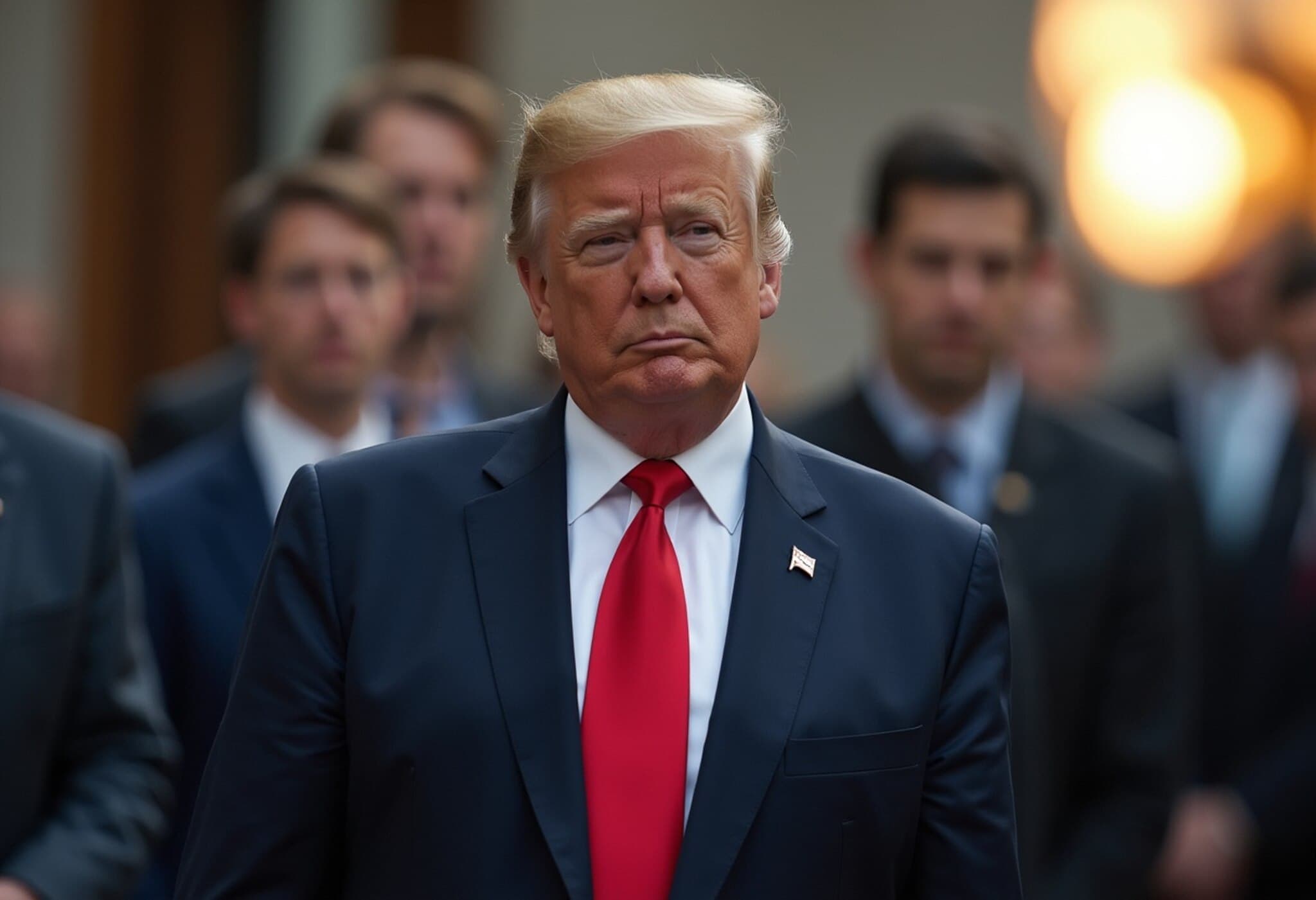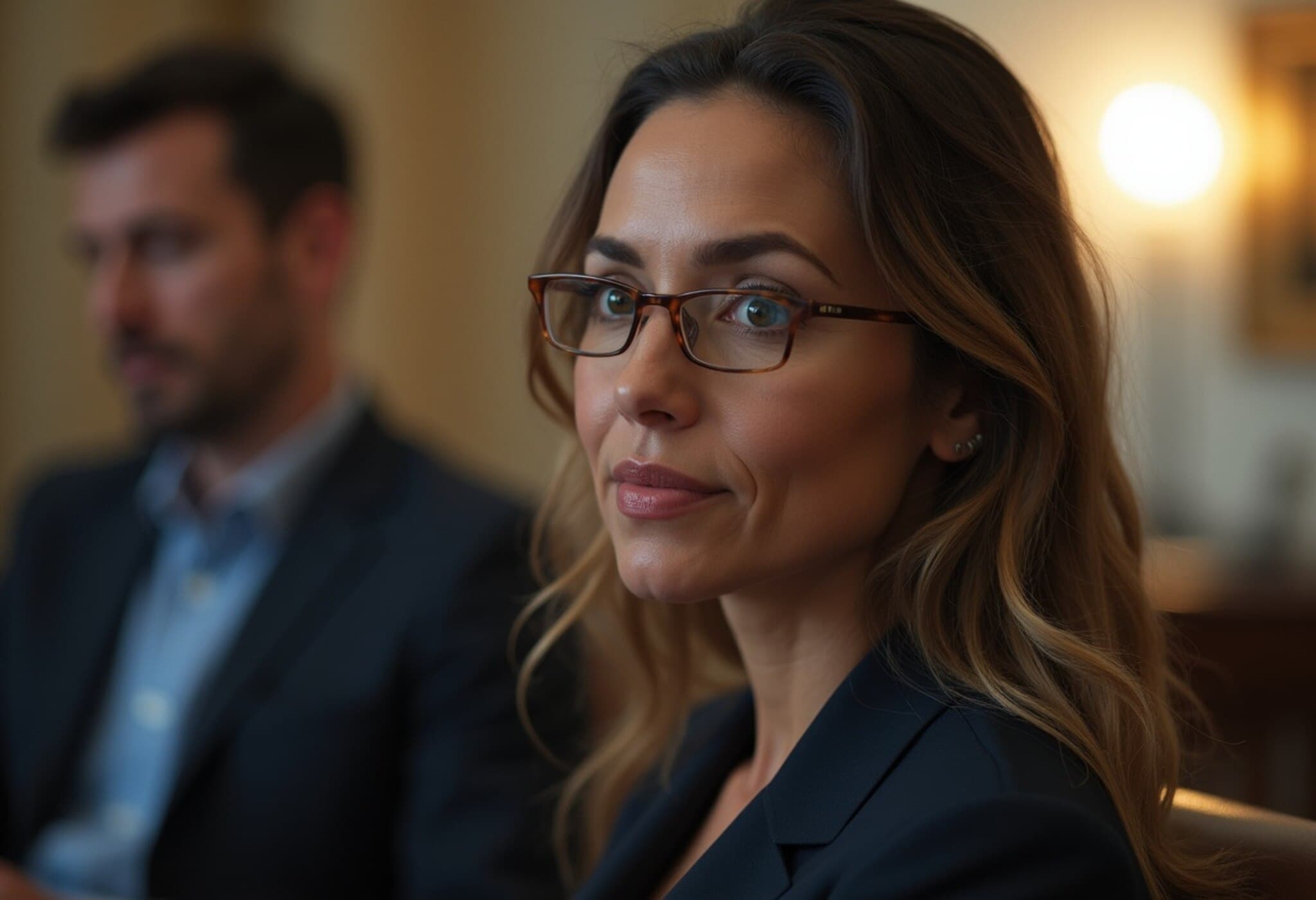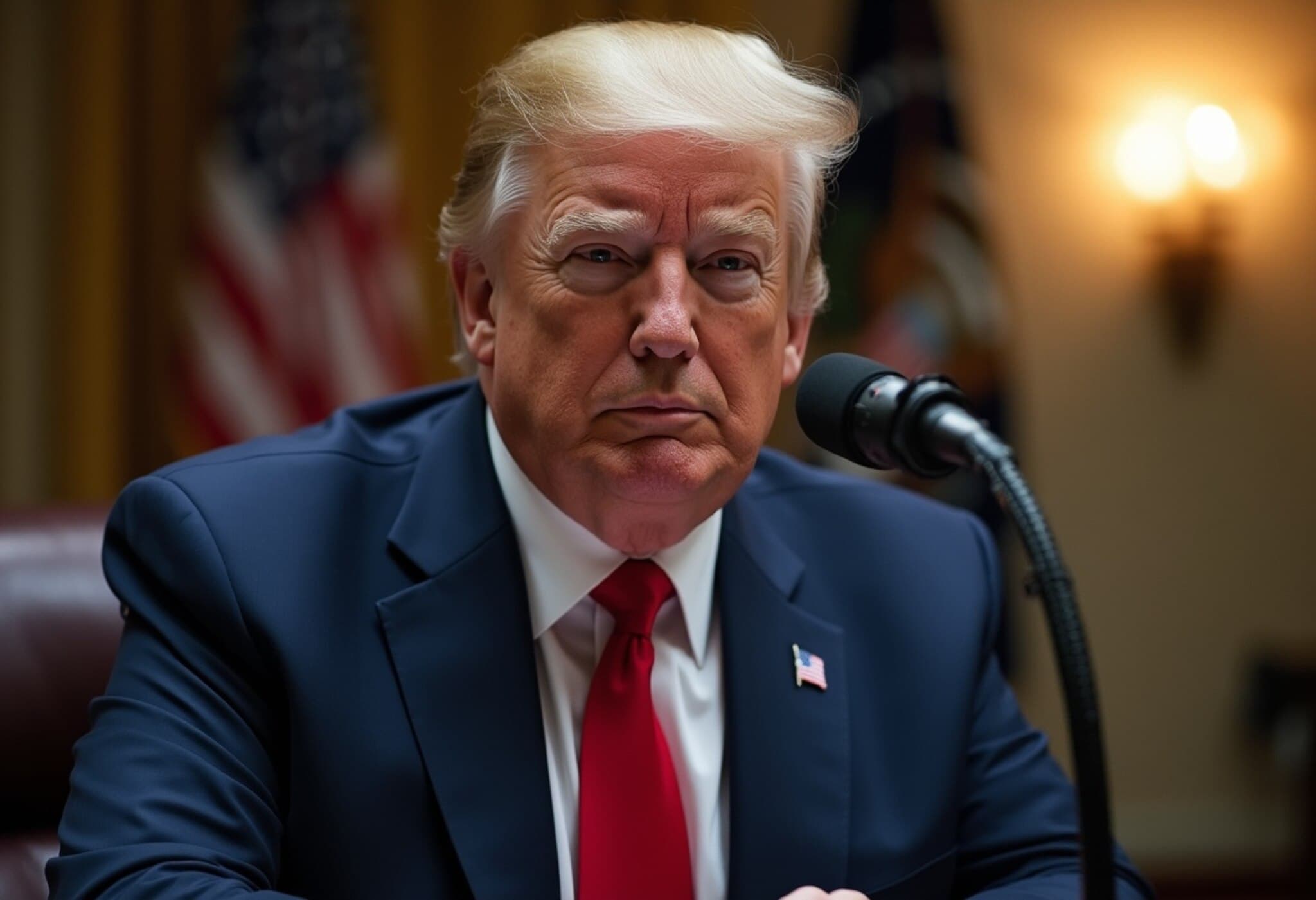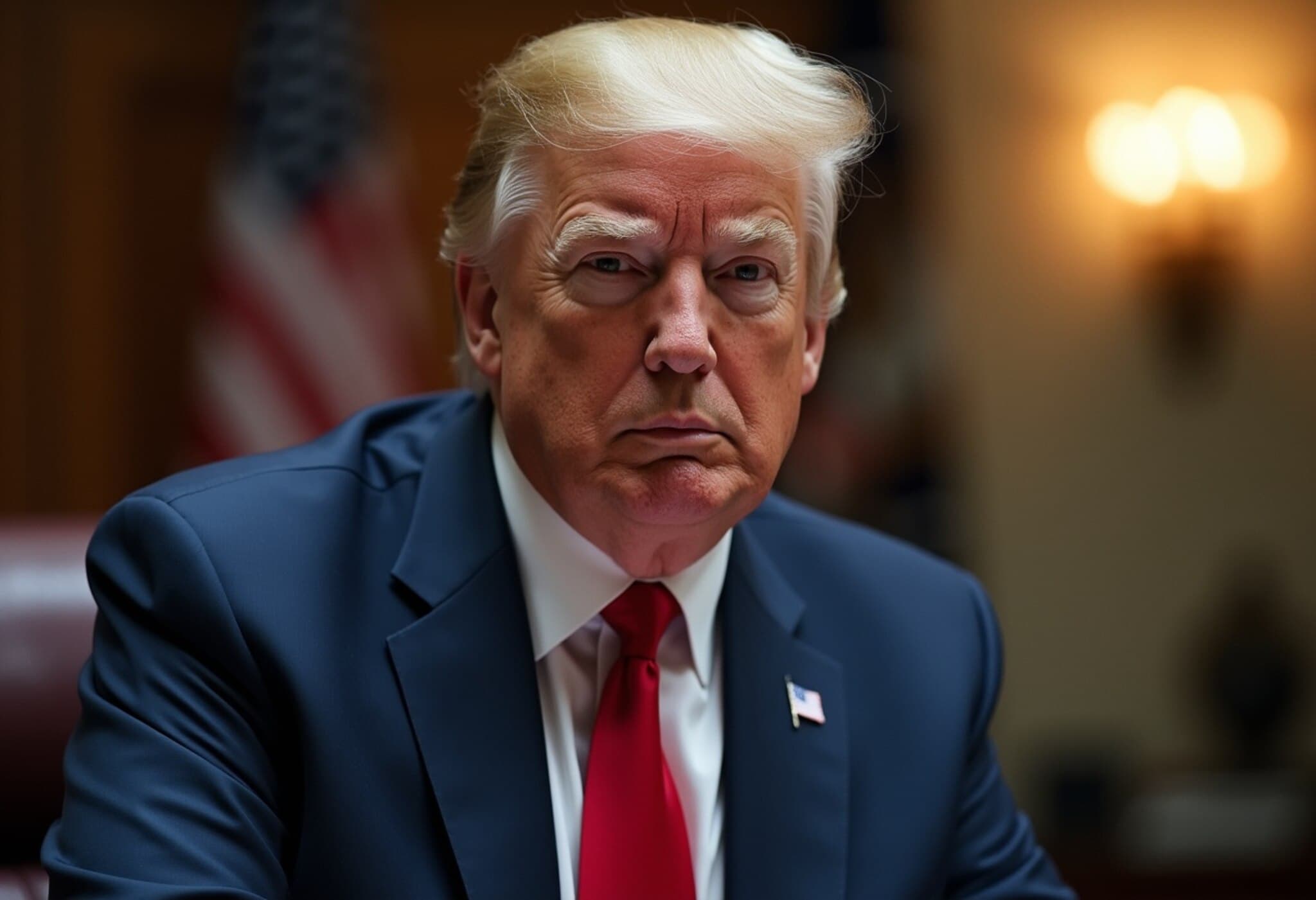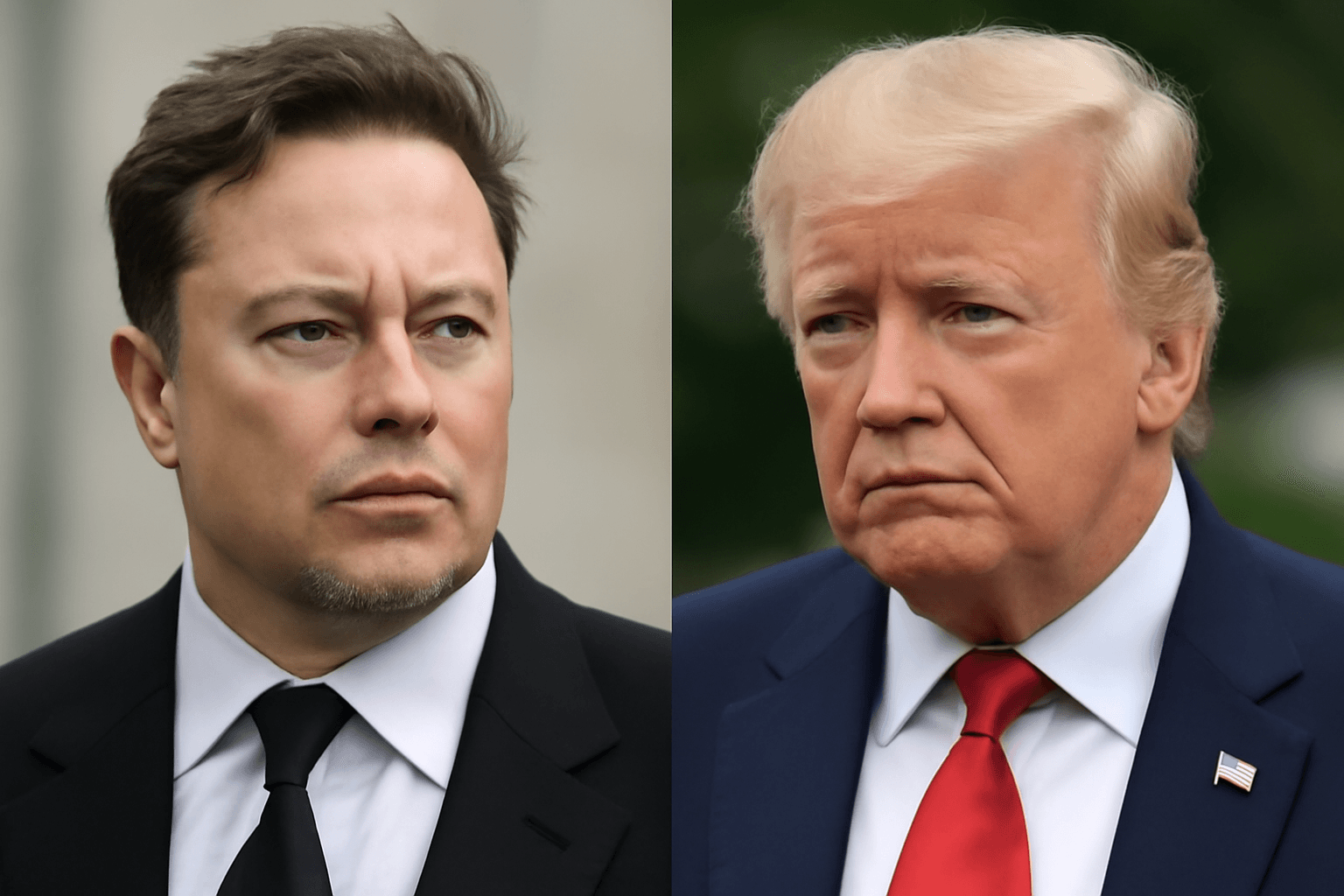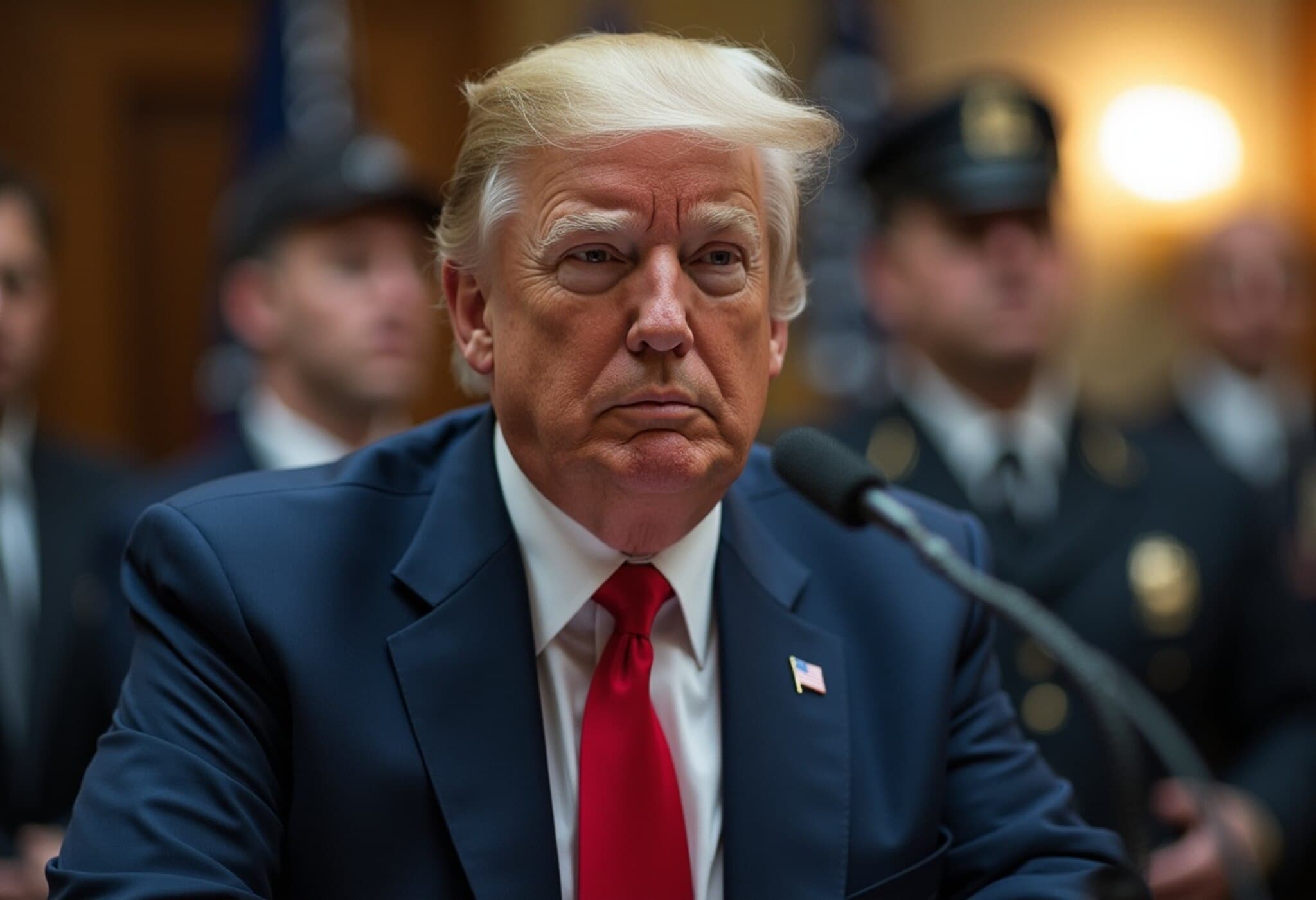Ex-Radio Presenter Pursues Legal Action Over Infamous 2012 Royal Hospital Prank
In a dramatic turn of events more than a decade after the incident, a former radio host involved in a widely reported prank call to a London hospital in 2012 is suing his previous employer. The prank targeted the hospital where Catherine, Duchess of Cambridge, was receiving medical care, igniting a media firestorm that reverberated internationally.
Background: The Prank That Shocked the World
On a day marked by global attention on Kate Middleton's health, a radio duo impersonated members of the royal family to obtain private information from hospital staff. This ill-fated stunt not only led to severe public backlash but also raised profound ethical and legal questions about media conduct and privacy rights.
Legal Battle: Seeking Accountability and Justice
Now, over a decade later, the former presenter has initiated legal proceedings, claiming that his former broadcaster failed to adequately support him during the fallout. The lawsuit highlights tensions between individual accountability and institutional responsibility within media organizations.
Expert Insights: Media Ethics and the Price of Sensationalism
Media law experts note this case underscores ongoing challenges in balancing freedom of the press against ethical boundaries. "This incident is a cautionary tale about how the race for sensational content can lead to grave consequences for both journalists and institutions," says Dr. Laura Jennings, a media ethics specialist.
From an American legal perspective, such controversies raise important debates about privacy invasion and the limits of legal protections for both public figures and healthcare providers. The hospital staff who were deceived have also sparked conversations about safeguarding patient confidentiality in an age of pervasive media scrutiny.
Broader Implications: A Call for Responsible Journalism
- Reflection on Media Practices: The case prompts media outlets to reevaluate internal controls and ethical guidelines before engaging in prank or undercover reporting.
- Employee Protection: It also emphasizes the necessity for employers to provide clear support and legal guidance to on-air talent during crises.
- Public Trust: Such incidents can erode trust in broadcast media, underlining the importance of transparency and accountability.
As this lawsuit unfolds, it offers a unique lens into how the media industry navigates complex legal landscapes tied to sensationalism and public interest.
Editor’s Note
What lessons does this high-profile case hold for contemporary journalism? Beyond the immediate legal ramifications, it challenges media professionals to critically assess the ethics of their craft amid the relentless pursuit of audience attention. For readers and media consumers alike, it serves as a reminder to question how much sensationalism influences the stories we are told and the costs borne behind the scenes.


